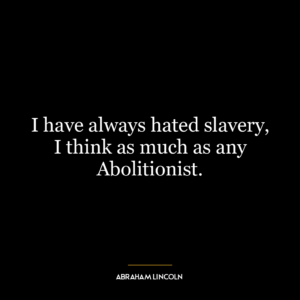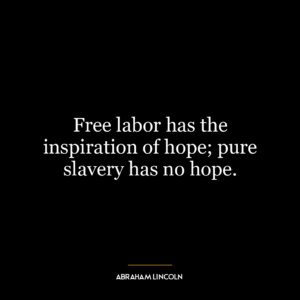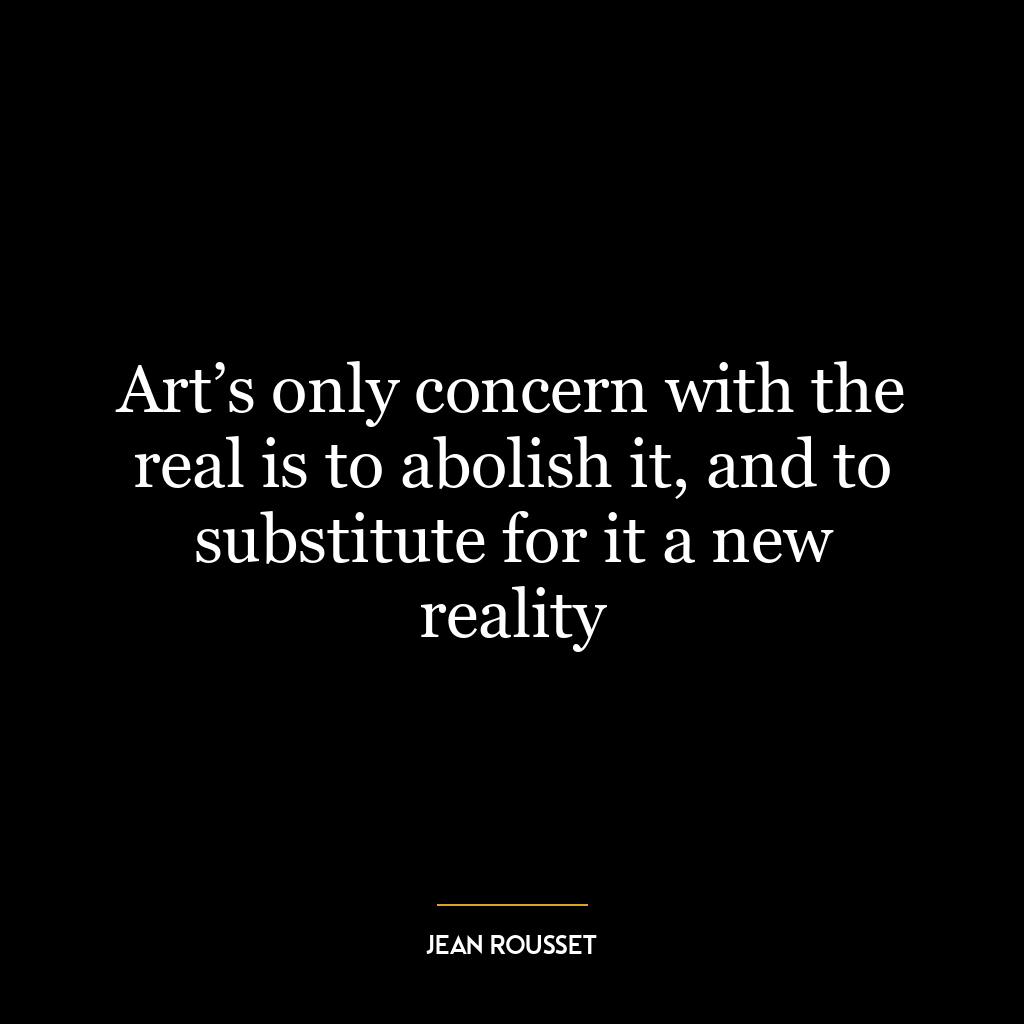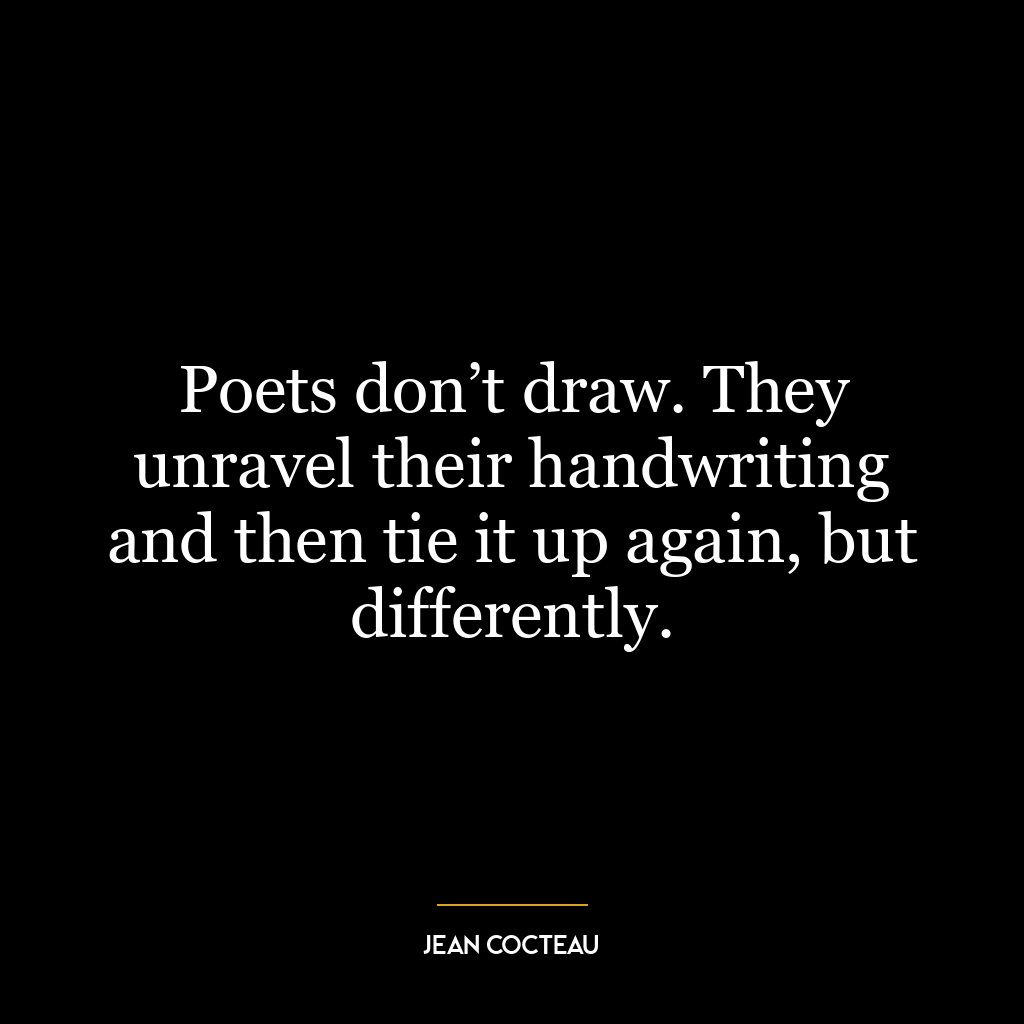The best way to get rid of your enemies is to make them your friends.
This quote implies that the most effective way to neutralize one’s enemies is not through conflict or destruction, but rather through friendship and understanding. It suggests that by turning an enemy into a friend, you eliminate the threat they pose. This is not by force or manipulation but by understanding their perspectives, finding common ground, and fostering a relationship based on mutual respect and kindness.
This idea can be seen as a powerful strategy for conflict resolution. Instead of perpetuating a cycle of animosity, one can break it by extending the olive branch of friendship. This approach requires empathy, patience, and emotional intelligence, as it involves understanding the other person’s viewpoint and working towards a mutual resolution.
In today’s world, this concept is applicable in various contexts, from international diplomacy to workplace conflicts. For example, nations often engage in diplomatic dialogues to resolve their differences and avoid warfare. In the corporate world, managers can use this strategy to resolve conflicts among team members, fostering a more harmonious and productive work environment.
In terms of personal development, this quote encourages individuals to cultivate empathy and emotional intelligence. It teaches us that hostility and conflict are not the only ways to deal with enemies or adversaries. Instead, understanding, patience, and friendship can be more effective and rewarding. It can help us grow as individuals, improving our interpersonal skills and our ability to navigate complex social situations.
Overall, this quote is not just about conflict resolution but also about personal growth and the power of empathy and understanding. It encourages us to see beyond our differences and to work towards building bridges, not walls.















